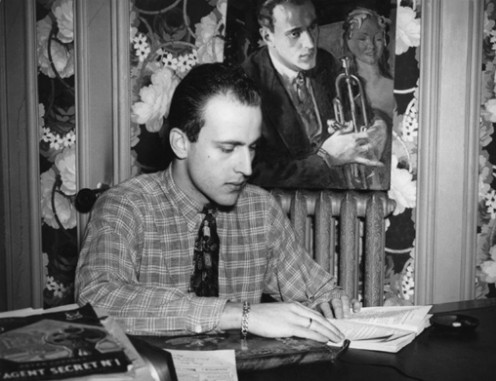


It does not try to embellish the ugly truth. It is the cold truth about existentialism. However, this illusion shatters when Chloe gets terminally ill.Ĭhloe’s illness becomes the truth of existence that the characters cannon overcome. His butler can catch an eel for dinner in Colin’s bathtub, Colin owns pianococktails, and he and Chloe can walk on clouds when they want. In this regard, Vian creates his world, his fantasy, where everything is possible. Being confronted with the disillusionment of the two World Wars, existentialists intended to find what meaning they could have in their existence. Existentialists believed that similar to Stoics and Socrates all people should practice philosophical view of life in their daily life. Vian does not explicitly talk about existentialism but what he writes about may indirectly be referred to existentialist ideas.

It is rather a time reference and an indication that this philosophic movement was popular at the time before and after World War II. At one point, Coli, the protagonist, describes what Partre presents to the public as “petrified vomit” so it does not look like a reverential attitude. This playful joking continues in many details, such as the appearance of Partre, and the mentioning of “the Duchess of Bovouard.” However, this mocking has nothing in common with existentialism. In the novel, Vian makes Jean-Sol Partre so ubiquitous and annoying that Alise kills Partre because he refuses to stop writing a book and her husband Chick spends all his money on Partre’s books. This technique is a tongue-in-cheek play on words on Jean-Paul Sartre. In Mood Indigo, Boris Vian gives a direct reference to this philosophic movement by mockingly adding the chief figure of the twentieth-century existentialism Jean-Sol Partre. Roughly speaking the term existentialism can encompass a wide array of philosophic ideas but the main point is to emphasize that people should be responsible for their existence and the reflective pondering of one’s existence can give sense and hope because no one who can do it instead of oneself. When Sartre, de Beauvoir, and Camus started to work with existentialist ideas, Europe experienced despair and anxiety because of the atrocities of the wars and revolutions in the first half of the twentieth century. Existentialist philosophers, such as Nietzsche, Kierkegaard, and Heidegger, developed their ideas about human and being in response to a loss of faith and the general optimistic mood in Europe (Existentialism).


 0 kommentar(er)
0 kommentar(er)
